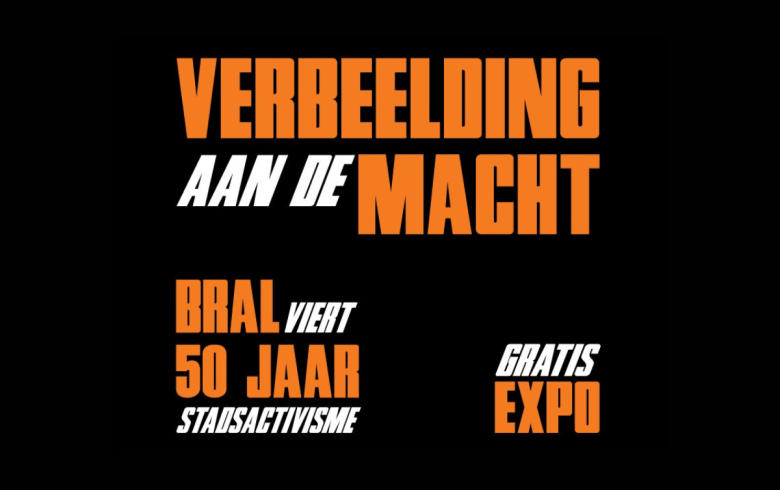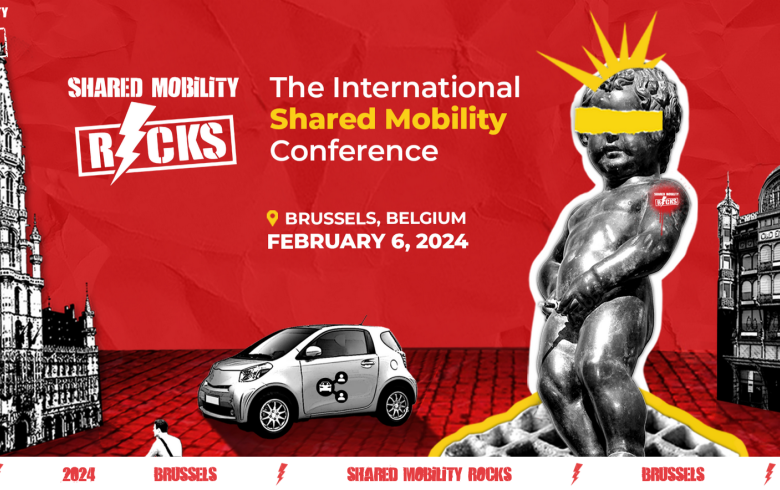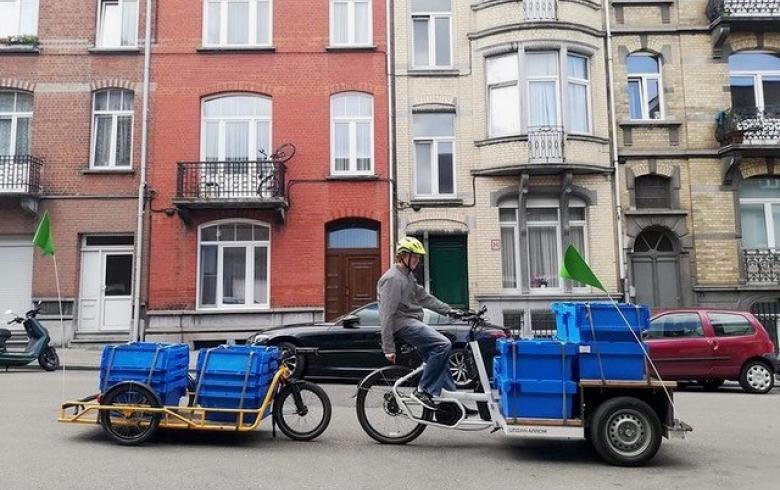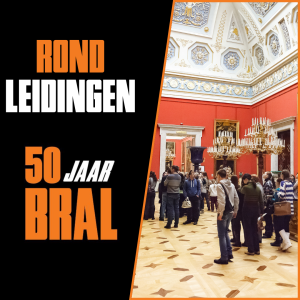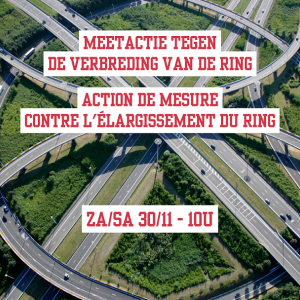Bellona conference on air pollution
Last Thursday, 23 November 2017, Bellona hosted a conference on air pollution and clean mobility ‘Going Electric Towards Cleaner and Healthier Cities’ in the European Parliament. Co-organised with Members of the European Parliament (MEPs) Seb Dance (S&D) and Keith Taylor (Greens), the event gathered EU, national and local policy makers, industry actors, civil society and citizens for a discussion around tackling today’s air pollution crisis through clean mobility measures. “It will be a combination of electrification and behavioural change that will mitigate the transport sector’s heavy toll on human health” was a key takeaway from the discussions.
The event took place just two weeks following the release of the European Commission’s Transport Package, containing a number of key legislative proposals that will likely determine the future of the EU transport sector.
At the same time, Europe is in the midst of an air pollution-induced human health crisis. New studies emerge on a nearly daily basis linking up an ever growing number of illnesses and health risks to air pollution. Conventionally fuelled road transport, in turn, is to blame for the lion’s share of NOx and PM emissions.
Bellona Conference 'Going Electric Towards Cleaner and Healthier Cities', European Parliament, 23 Nov 2017Credit: Bellona
Bellona’s conference intentionally placed cities at the heart of this well-timed debate. While they emit larger amounts of both CO2 and health damaging air pollutants, cities are central to the solution: in leading by example through public procurement practices and stirring the electrification of transport fleets integral to everyday urban life, such as buses, waste collection- and delivery trucks, and passenger vehicles among others, but also re-thinking mobility needs more broadly.
Tackling air pollution will mean breaking away from business-as-usual for transport
Opening the debate, host MEP Keith Taylor, outlined the alarming consequences resulting from outdoor air pollution on human health such as dementia. The answer lies in a combination of electrification, and a shift towards greater reliance on public-, shared- and softer mobility modes. “The best time for action was decades ago. The second best time is now” urged Taylor.
Bellona Europa’s Director Jonas Helseth highlighted the importance, but also challenging nature of shifting away from business as usual for the transport sector. In the aftermath of the Dieselgate scandal, car makers are now renewing their efforts to ensure the preferential, yet completely unjustified, treatment for diesels is maintained. Their latest attempt to greenwash diesel is the promotion of synthetic fossil fuels via the ongoing reform of the EU’s Renewable Energy Directive (RED).
Bellona Europa Director Jonas Helseth and BRAL's Lievin Chemin, European Parliament, 23 Nov 2017Credit: Bellona Europa
These fuels use five times more electricity than an electric car to travel the same distance, and have all the same ‘qualities’ as fossil fuels, such as CO2 and air polluting NOx and PM. “Labelling synthetic fuels as ‘renewable’ and including them in the RED poses a direct threat to electro-mobility uptake on the continent”, warned Helseth.
Another key piece of legislation is the currently reformed Clean Vehicles Directive, which offers a once-in-a-decade opportunity to enforce an effective tool for the public procurement of clean transport fleets. In the coming months, discussions on this piece of legislation will be getting underway in the European Parliament and EU Member States. When it comes to the implementation of the directive’s requirements, however, it comes down to cities and public authorities.

